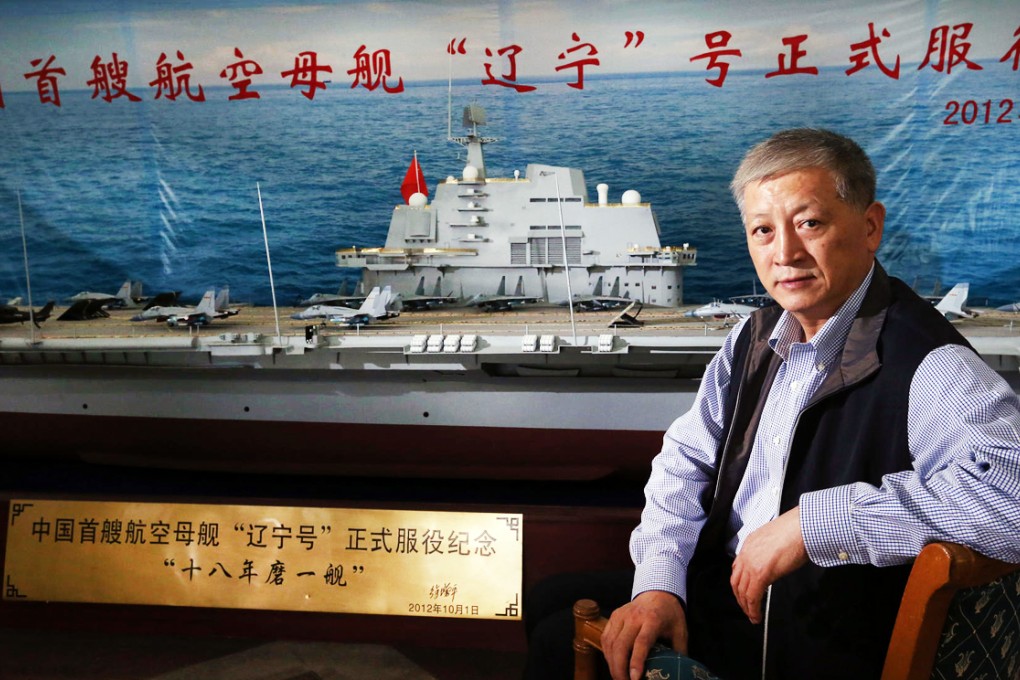Mission impossible II: the battle to get China's aircraft carrier home
After sealing deal for China's first aircraft carrier, Xu Zengping had a new challenge: taking it home

Hong Kong-based businessman Xu Zengping pulled off the unlikeliest of military coups in 1998 - he convinced a Ukrainian shipyard to sell him an unfinished Soviet aircraft carrier for US$20 million. Xu, a former member of the Guangzhou Military Command basketball team, had been approached by naval officials to buy the carrier on China's behalf but he had to do it with his own money and without the support of Beijing.
Xu sealed the deal over several days of alcohol-soaked negotiations and by April 30, 1999, with the final payment made, the massive vessel was his - he just had to get it home to China.
The Ukrainian shipyard had made it clear that it had no responsibility to get the carrier from the Black Sea to China. It was Xu's problem to get the vessel through to the Atlantic and onwards to its new home port of Dalian in Liaoning province.
Xu's team enlisted International Transport Contractors' (ITC) Netherlands firm to tow it all the way, and on June 14, 1999, four months after the final payment, the crew and the ITC's Sable Cape tugboat weighed anchor. It was plain sailing until they reached the Bosphorus Strait, Turkey's maritime boundary between East and West.